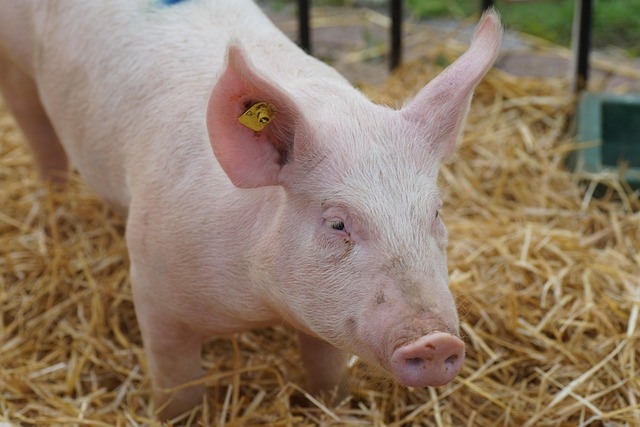In a case that has sparked outrage among animal advocacy groups, a 19-year-old man was sentenced to just one night in jail and four years of probation for his apparent role in the theft and killing of a pet pig in Hawaii. Jayden Jarnesky-Magana, who reportedly pleaded no contest to charges of animal cruelty, theft, and property damage, was involved in an incident that has drawn stark criticism for its seemingly lenient punishment.
The case dates back to last year when Jarnesky-Magana and his accomplice, 20-year-old Krys-Ryan Saito Carino, allegedly stole a 250-pound male pig named Eddie from Kitty Charm Farm, an animal sanctuary in Haiku. According to prosecutors, the pair killed Eddie and subsequently entered him into a local feral pig hunting competition, where they won a $1,000 prize.
Eddie was brought to the sanctuary by its founder, Sarah Haynes, who had adopted him after he was found wandering, covered in scars. It is believed he had previously been used for dog training. Haynes expressed her devastation over the incident, recounting her commitment to providing a safe haven for Eddie, highlighting the trust that had been violated in a most brutal manner.
Prior to the sentencing, a vocal group of approximately 30 demonstrators gathered outside the courthouse, chanting slogans such as “No excuse for animal abuse.” Their presence underscored the community’s growing frustration with what they perceive as inadequate legal consequences for acts of animal cruelty.
In court, Jarnesky-Magana’s defense attorney read a statement in which he expressed remorse, stating, “I’ve made a mistake and it was not intentional. I’m not a bad kid.” Despite this apology, his request for community service instead of jail time raised eyebrows about the accountability being enforced in such cases.
Circuit Court Judge Kirstin Hamman defended the sentence, claiming it reflected the nature of the crime. However, the response from animal welfare organizations has been overwhelmingly critical. Kitty Charm Farm took to social media post-sentencing to voice its concerns, warning that the verdict sends a troubling message to a community plagued by animal abuse.
The Maui Humane Society also released a statement articulating its disappointment, emphasizing that the consequences fail to align with the severity of the crime and the suffering endured by Eddie. They cautioned that when acts of animal cruelty go under-punished, it risks fostering an environment where such behavior is normalized rather than condemned.
This case continues to incite dialogue about the adequacy of animal protection laws in Hawaii, with advocates calling for harsher penalties for those found guilty of committing acts of cruelty. As community members express their dissatisfaction, many demand a reevaluation of how the legal system addresses animal welfare.

